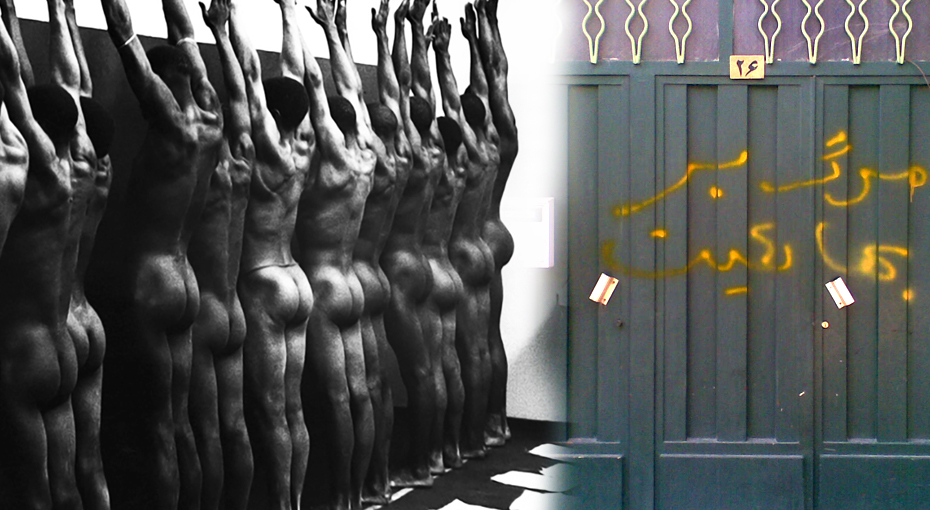The Cost of Discrimination, a film by IranWire and Off-Centre Productions, had its premier US screening on July 26 at the Newseum in Washington, D.C. The screening was attended by about 80 people, including representatives from non-governmental organizations, state officials, and media outlets.
The film, directed and produced by Maziar Bahari and presented by Arash Azizi, follows Azizi on a trip through South Africa as he draws disturbing parallels between the South African apartheid system and the treatment of Baha’is in Iran since the 1979 Islamic Revolution.
Through its many interviews with South Africans familiar with both the Baha’i case and apartheid, the film argues that oppression, though unique in every instance, inevitably imposes a terrible cost on the societies in which it occurs. The film notes that, in light of South Africa’s difficult struggle to heal from its institutionalized oppression of non-white citizens, Iran should reconsider its own campaign of persecution against the Baha’is.
The screening was followed by a panel discussion chaired by Richard Foltin, Senior Scholar for the Religious Freedom Center of the Freedom Forum Institute. The panelists included Azizi, Diane Ala’i, the Representative of the Baha'i International Community’s (BIC) United Nations Office, Farhad Sabetan, spokesperson for the BIC, and Saman Mobasher, a former student of the Baha’i Institute for Higher Education (BIHE).
Co-hosted by the Religious Freedom Center and the Office of Public Affairs for the Baha’is of the United States, the screening took place in the larger context of the Ministerial to Advance Religious Freedom, hosted by the US State Department. The ministerial, which was the first of its kind, gathered delegations from around the world to hear from victims of religious persecution.
At the ministerial, the case of the Baha’is was brought up frequently as an example of the lack of religious freedom found under Iran’s government.
Discussion after the screening focused on the ongoing plight of the Baha’is in Iran, as well as in Yemen, where a new campaign of persecution has developed under the Iran-backed Houthi authorities. Diane Ala’i highlighted the close relationship between Iran and the Houthis, and referenced a leaked document from the Iranian government concerning the Baha’is stating that their “cultural roots outside the country must be destroyed.”
Azizi, who is not a Baha’i, stated that as a society, Iran should strive to develop a “historical remembrance” of what has happened to the Baha’is in Iran, both currently and during the revolution.
“What is especially heart-wrenching about the Baha’i example is that they were really some of the most peaceful ones,” said Mr. Azizi, “and they went out of their way not to involve themselves in the violent years of the Iranian revolution.”
“And the question is,” he continued, “how many Iranians of my age know about a woman like Mona [Mahmoudinejad], who at the age of 17 was executed for the simple crime of being a Baha’i? And how many of us stand up and talk about the issue of depriving 300,000 Iranians of university education? What other example is there in the world of a government, declaring proudly and openly as part of an official policy, that it will block the advancement of over 300,000 of its citizens?”
When asked about what could be taken away from the discussion in working against the oppression of the Iranian people, both Baha’is and others, former BIHE student Saman Mobasher offered a succinct conclusion to the events of the evening: “We cannot only be concerned about ourselves: that is the key.”
visit the accountability section
In this section of Iran Wire, you can contact the officials and launch your campaign for various problems

























comments